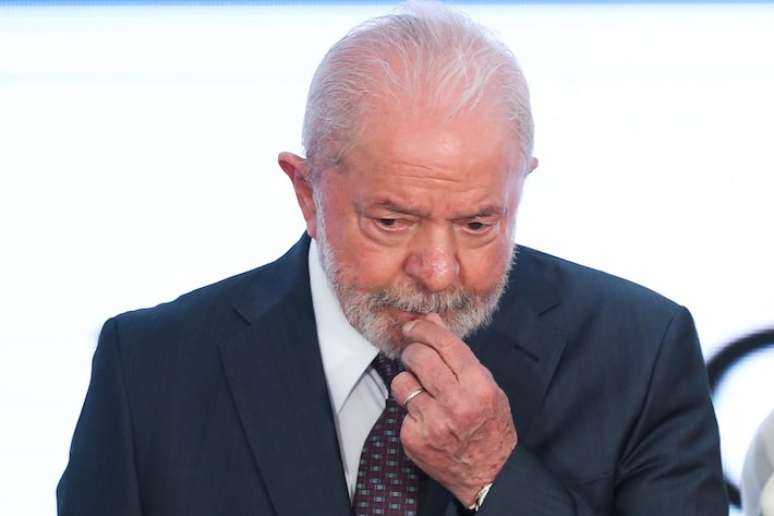The studies released this week by the Quaest, Atlas/Intel and Ipec institutes indicate a worsening of the federal government’s evaluation indices; polls point to talk about Israel, rising prices, corruption and public safety as the reasons
This week, three institutes published research showing a decline in positive assessments of the government of President Luiz Inácio Lula da Silva (PT). Quaest, Atlas/Intel and Ipec (formerly Ibope) indicate that a greater number of respondents “disapprove” of the PT’s management, while the percentages of those who rate the government as “bad” or “terrible” have increased.
Each institute adopts different methodologies and interviews a different universe of respondents, but the general trend is the same in the three surveys.
The Ipec survey did not indicate possible reasons for the increase in negative opinion, while the investigations by the Atlas/Intel and Quaest institutes indicated, among the reasons for the decline, the recent statements of the PT deputy which undermined his image to the public.
Furthermore, perceptions regarding the national economy and prices of daily inputs have worsened compared to recent surveys. The government also fails to perform well on the issues most important to respondents, such as public safety and corruption.
Finally, political polarization weighs like a “ceiling” that the PT deputy has not yet managed to overcome in his assessments.
Discover the main reasons for the Lula government’s decline in popularity.
He says he compared Israel to the Holocaust
On February 18, during a press conference in Addis Ababa, the capital of Ethiopia, Lula compared Israel’s incursion into the Gaza Strip to the Holocaust. “What is happening in Gaza did not happen at any other time in history, only when Hitler decided to kill the Jews,” the president said.
The episode stands out as the event that has had the greatest impact on the image of the PT member from the latest opinion polls and for this reason the institutes have focused specifically on the topic.
The Quaest investigation found that the statement was perceived as an “exaggeration” and influenced Lula’s assessment. Sixty percent of those surveyed said the president had “exaggerated” the comparison. Among evangelicals, the rate reached 69%. And it is precisely among evangelicals that Lula’s popularity has fallen most noticeably.
According to Quaest, among people of this religious denomination the negative opinion of the government has gone from 36% to 48%, while overall it is from 29% to 34%. In the Atlas/Intel poll, 57% of evangelicals rate the government as “bad/terrible.” Overall it is 41%.
In the IPEC survey, the Lula administration is seen as bad or terrible by 41% of evangelical respondents and 32% of the total population.


